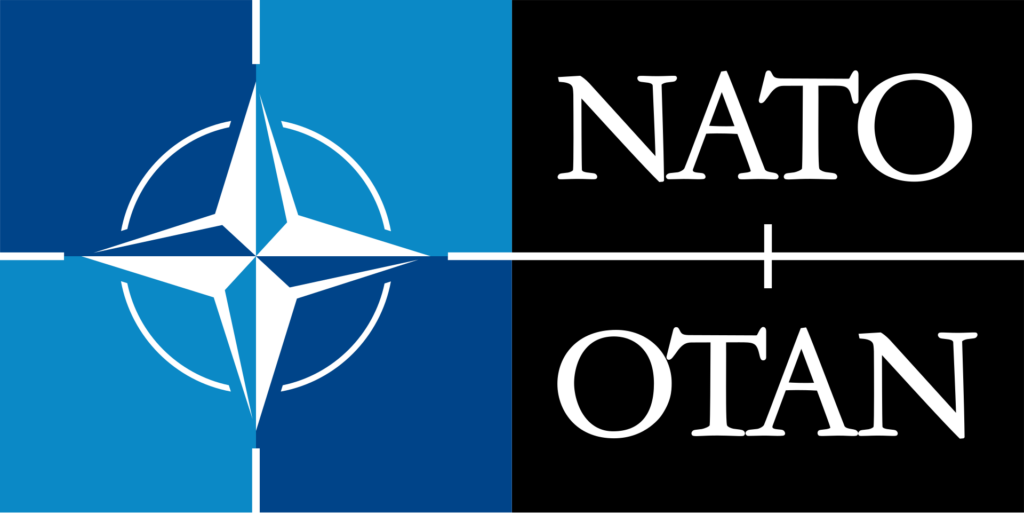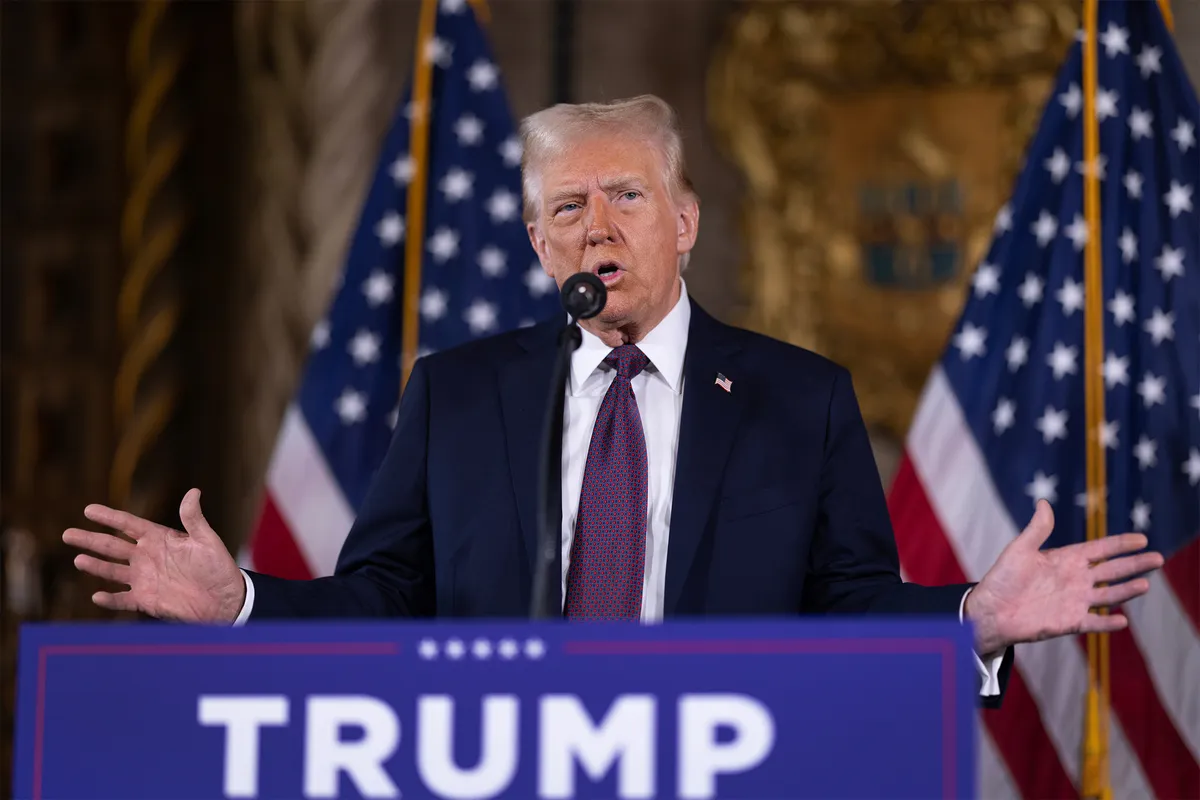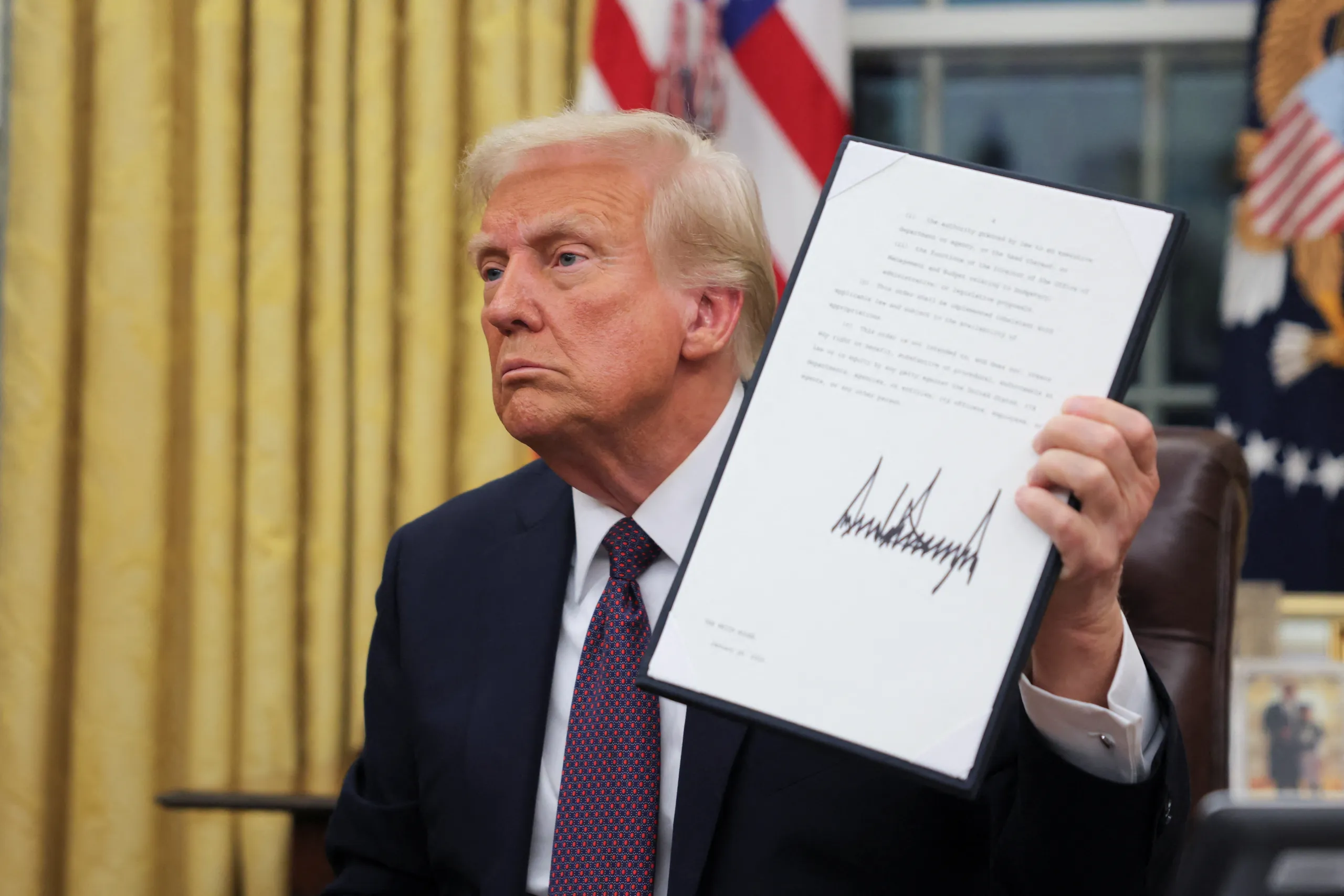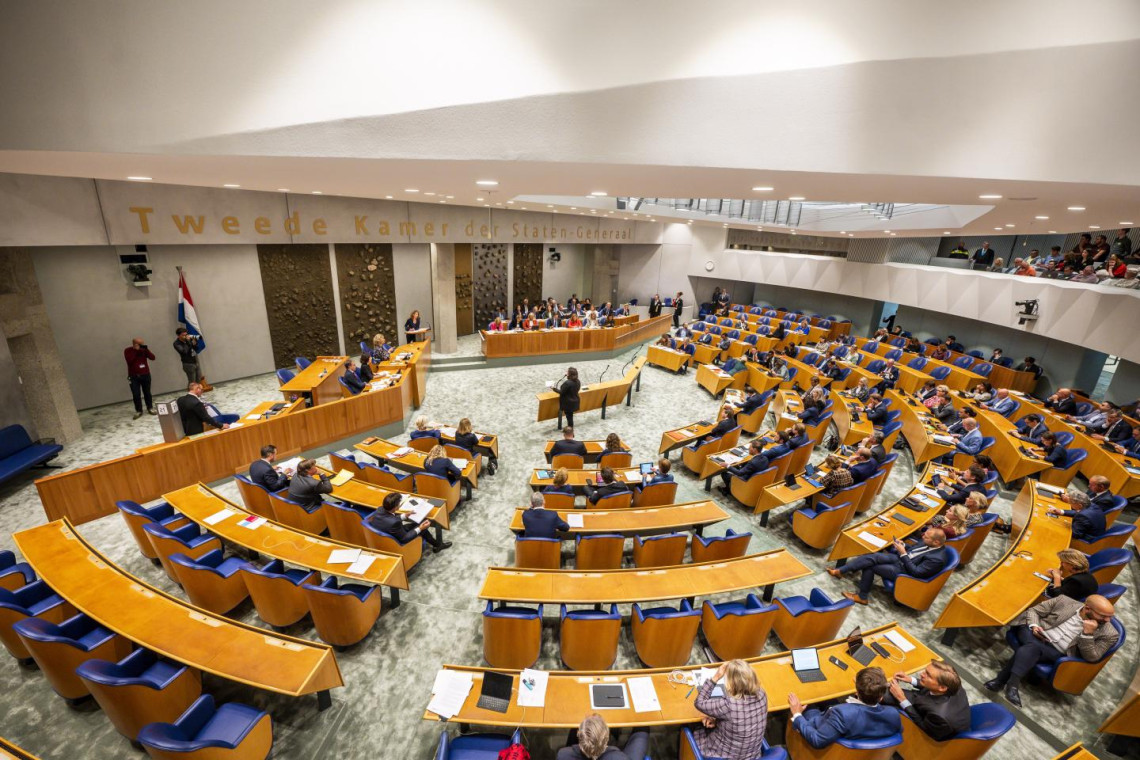U.S. president-elect Donald Trump announced his wishes for territorial expansions during a press conference on Tuesday. His other plans include the annexation of Canada, (re-)taking control over the Panama Canal, and the renaming of the Gulf of Mexico.
Having previously expressed interest in buying the largest island in the world, Trump has re-ignited his push towards U.S. control over Greenland. According to Trump, the strategic location of Greenland is fundamental for the security of the United States. Beyond strategic location, Greenland is also bountiful when it comes to natural resources. Greenland’s soil contains various valuable minerals, including rubies, iron, and uranium. Furthermore, there are off- and on-shore possibilities for oil and natural gas drillings.
Understanding Greenland
The political situation of Greenland is somewhat complicated. Despite geographically being part of North America, politically, Greenland exists as an autonomous region within the Kingdom of Denmark. As such, Greenland is part of the European Union and other international organisations, most importantly NATO. Greenland has its own government, following a 2008 referendum in which 75% voted for Greenlandic self-governance. On large issues such as foreign policy and defence, Greenland works closely together with Denmark.
Responses
Both the Prime Minster of Greenland Múte Egede, and Danish PM Mette Frederiksen have made it clear that: “Greenland belongs to the Greenlanders.” Egede’s government consists of parties that aim for the independence of Greenland. As such, Egede has taken the recent uproar as an opportunity. “Greenland belongs to the people of Greenland. Our future and fight for independence is our business.” Despite not making statements on the independence of Greenland, Frederiksen has echoed the sentiment that whatever happens, “it is the Greenlander’s decision to make.”

The people of Greenland are seemingly united. Steffen Kretz, correspondent for the Danish national broadcaster stated that “(…) there are very few people here who are dreaming about becoming subjects of a new colonial power led by Donald Trump”. Greenland will have elections in April of this year. These elections will no doubt reflect the views of the Greenlanders on these issues.
Trumps ‘neo-imperialism’
Trump has suggested that “People really don’t even know if Denmark has any legal right to [Greenland], but if they do, they should give it up, because we need it for national security”, seemingly choosing to ignore the various treaties that cement the connection between Greenland and Denmark.
The recent statements regarding Greenland, are among other neo-imperialist sentiments by the soon-to-be president. In the same press conference, Trump announced the intention of making Canada part of the US. A statement which exiting Canadian Prime Minister Trudeau rebuked, saying there is no “snowball chance in hell” for the two countries to merge.
Trump also took the time to criticise recently passed away President Jimmy Carter, whose state funeral was ‘interrupted’ by the president-elect’s unannounced press conference. In typical fashion, Trump bluntly blamed the late Carter for “giving away” the Panama Canal and expressed his intentions of bringing it back under the control of the United States.
In what can be seen as an ‘unnecessary powerplay’, Trump has also expressed his wishes to have the Gulf of Mexico be renamed the ‘Gulf of America’. What exactly the added value for this name change would be is unclear.
Possible dangers
A major issue with all these statements, is the fact that Trump has not ruled out the use of military force to get what he wants. While he has assured that Canada would only suffer economic pressure, Panama and Greenland could face military coercion.
In the case of Greenland, military action against the island would constitute an attack against a NATO member-state, thereby invoking article 5 of the treaty. We could therefore assume the use of force is far-fetched, but the rhetoric used by Trump is worrying.

CNN analysist Stephen Collinson made it clear that the “bullying of America’s friends (…)” could not only serve to weaken the global presence of the US, but could also push states to incline towards China, moving away from America’s sphere of influence. This could be detrimental for both the US, as well as its traditional allies, who reluctantly rely on the US for an ally, mainly for military cooperation. Mainly the conflict in Ukraine, serves as an example for why a strong and unified NATO is essential.





